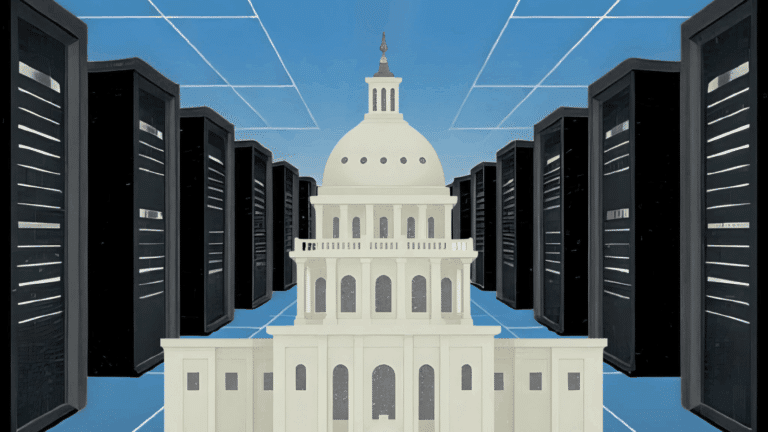This website uses cookies as well as similar tools and technologies to understand visitors’ experiences. By continuing to use this website, you consent to Columbia University’s usage of cookies and similar technologies, in accordance with the Columbia University Website Cookie Notice.
Weaning Europe off Russian Natural Gas
Past Event
March 2, 2022
9:00 am - 10:30 am
The international response to the Russian invasion of Ukraine, although still in flux, will bring about a high degree of economic and financial isolation of Russia. With soaring inflation, tight supply chains, and rising global energy prices, the economic consequences could be significant.
The Center on Global Energy Policy hosted a panel to explore the implications for global energy markets and climate policy, and of a potential European decision to wean the continent off Russian natural gas.
Moderator:
- Jonathan Elkind, Senior Research Scholar, Center on Global Energy Policy at Columbia University SIPA
Panelists:
- Ambassador Pierre Vimont, Senior Fellow, Carnegie Europe
The Russian invasion of Ukraine: the crisis so far and possible scenarios
- Gerson Raiser, Counsel, Clifford Chance
The impact of sanctions on EU imports of Russian energy
- Kirsten Westphal, Executive Director, H2 Global Stiftung
The energy policy response from Germany
- Dr. Pierre Noël, Global Research Scholar, Center on Global Energy Policy at Columbia University SIPA
The response from the global natural gas market
- Dr. Harrison Fell, Senior Research Scholar, Center on Global Energy Policy at Columbia University SIPA
The implications for CO2 emissions and climate policy
—
More Events
CGEP Presents: Project-Based Carbon Credit Markets Webinar
The Center on Global Energy Policy at Columbia University SIPA is pleased to host a virtual webinar with experts from Kenya, India, and Brazil to discuss and better understand the landscape...

Energy Markets and the Future of Energy with Amrita Sen
Join us on February 25 for an in-depth, student-only conversation. Registration is required, and space is limited. The Center on Global Energy Policy at Columbia University SIPA’s Women...
1255 Amsterdam Ave Floor 1, New York, NY 10027

Rapid Response: Venezuela — What Happens Next?
The recent military operation to remove Venezuelan President Nicolás Maduro and First Lady Cilia Flores raises several implications for the future of Venezuela and Latin America, geopolitics, and energy markets. Cosponsored by SIPA’s Institute of Global Politics (IGP) and Center for Global Energy Policy (CGEP), along with Columbia’s Institute of Latin American Studies (ILAS), this webinar will analyze the circumstances and impact of their capture and extradition to New York to face narcoterrorism and drug trafficking charges.

Rapid Response: The EU’s Carbon Border Adjustment Mechanism
On January 1, 2026, the European Union's highly-anticipated Carbon Border Adjustment Mechanism (CBAM) will take effect. Introduced in 2023, CBAM will require the importers of certain carbon-intensive goods...

Relevant
Publications
Data Centers and Their Energy Use: Trends in State Capitals
From the east to west and north to south, in red states and blue states, attention to data centers is skyrocketing in state capitals across the United States.

Is a Libyan Oil Revival Underway?
Libya's bid round for new oil and gas exploration and production highlights its potential revival as a major oil producer.

Carbon Competitiveness: Industry Steps Up as Global Priorities Shift
Economic, political, and fiscal realities have shifted energy policy priorities across the globe toward the goals of affordability and competitiveness.



